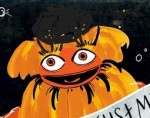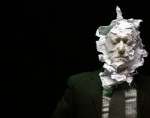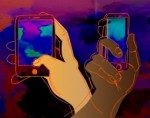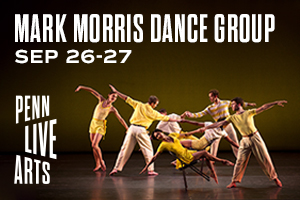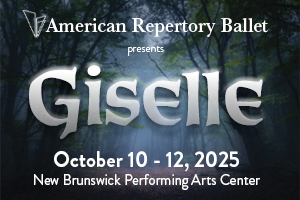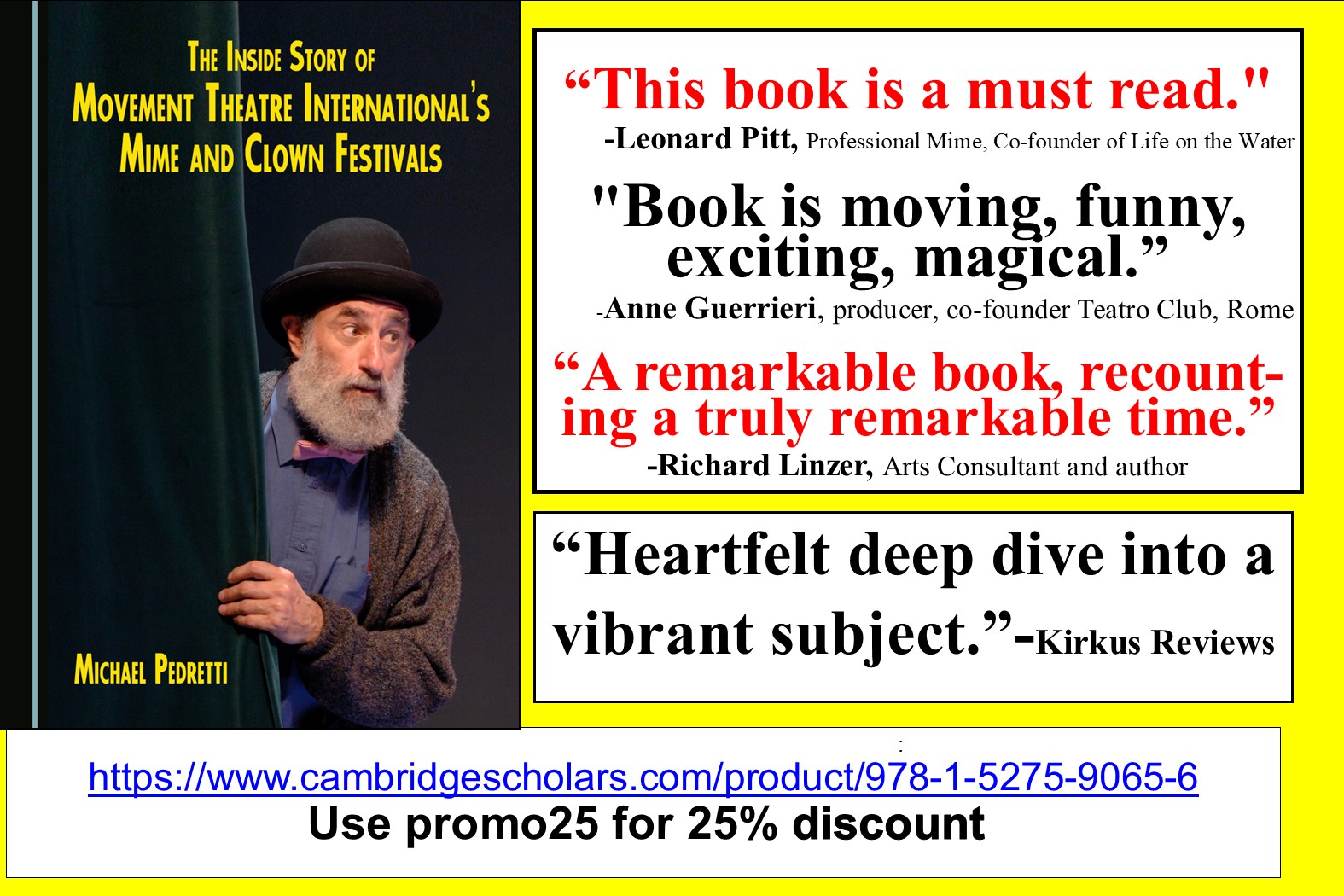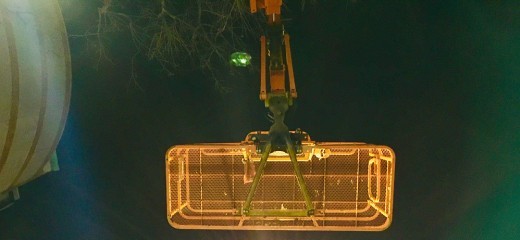
Scratch Night Gets A Sonic Boost
by Jenny Kessler
In a quest to reach new audiences for performing arts in Philadelphia, Theatre Philadelphia and thINKingDANCE are joining forces and exploring how dance writing and discourse can provide new perspectives on theater. Beginning May 2018, tD writers have been lending their varied backgrounds, interests, and approaches to criticism to professional works of theater in Philadelphia. Let us know what you think in the comments!
On this unseasonably warm February evening, I am at FringeArts’ waterfront home for the institution’s monthly Scratch Night, which affords local artists the opportunity to showcase new material. Formally billed as a series of works-in-progress, the event has transitioned to become a collection of brief advertisements for often fully-developed productions (this is especially true in August, leading up to the Fringe Festival). Nevertheless, Scratch Night has proven to be a quality experience, with an audience breathlessly uncertain about what will happen next.
Tonight, I’m here to witness a new take on the organization’s monthly performance series. Beginning this month, FringeArts will have a different guest host and curator for each monthly performance, each offering their own unique lens on Philly’s performing arts scene. Artist Eugene Lew leads this first curation in the new series, with performances from James Allister Sprang, Clint Takeda, Maria Murphy, Shani Aviram, Taji Nahl aka TR7, and Will Owen.
As I sit down, I can already see the effects of this structural change. On stage, there is a black table covered with various sonic accoutrements: laptops, midi controllers, distortion pedals, and entanglements of cords and plugs that plunge like waterfalls to the floor. This looks less like the familiar set-up for a production of a play or a devised theater piece, and more like the stage at Vox Populi or a West Philly basement. My interest is piqued.
From FringeArts’ website, we learn that Lew is a sonic artist “primarily engaged in the production, organization, management, transformation, design, performance, (attempted) capture, storage, and playback of sound/music—preferably in collaboration with others, in real life.” In person, he doesn’t speak much about himself, but rather allows the evening and the six performances to show us his interests.
As a host, Lew is a quiet force, confident but not overbearing. He gently jokes throughout the evening. Not rushed but efficient, he moves the event along. Though he matches the casual tone of a classic Scratch Night event, he’s clearly thought through the details, down to the music played between sets (he notifies us that the French tones we’re hearing belong to Brigitte Fontaine). I’m charmed by his use of a small, yellow Rhodia notebook, which neatly contains notes on each artist.
So, how drastically has Scratch Night changed? Much of the form of the evening remains the same. A Fringe employee in all black gives a short curtain speech, reminding us that tonight’s performance is “casual and informal.” There are delightfully awkward moments between sets, as Lew and the performers quickly arrange changeovers (early in the evening, Lew jokes, “So pretend it’s dark on stage…”). Lew seamlessly renders an inevitable technological hiccup into a moment of humor.
Yet despite the formal similarity, the content of the evening has a cohesion I’ve not previously experienced. A through-line in the performances allows me to digest the evening as a whole, rather than as a wild scattering of projects. With this continuity, I can draw comparisons between themes and explore how different artists approach an idea or challenge. What’s more, I’m introduced to new specimens of local artmaking, from fabulously disastrous noise art to moody sonic collages of spoken word and textured beats. Under the strong leadership of a curator like Lew, this new take on Scratch Night could work well.
As the evening progresses, a small worry does grow: I wonder if the new cohesion found in this curatorial approach will eliminate some of the spontaneity present in previous Scratch Night performances. Because I know all the following performances will be sonically-based, will I still get that thrill of not knowing what’s coming next? Will all these performances bleed into one?
As I jot down this note in my journal, the next performer comes onstage. The black table, present since the beginning of the evening with its cords, cables, and glowing buttons, disappears into the wings. The young performer suddenly dons a bright green lycra body bag and begins to stretch, her body appearing and disappearing into the molten neon fabric. In a later act, a choir of five musicians brush their teeth and amplify the result.
Will Scratch Night be rendered less spontaneous with this new arrangement? Clearly, I needn’t worry.
Scratch Night, FringeArts, 140 N. Columbus Blvd., every first Monday of the month, https://fringearts.com/programs/scratch-night/
By Jenny Kessler
February 7, 2019


